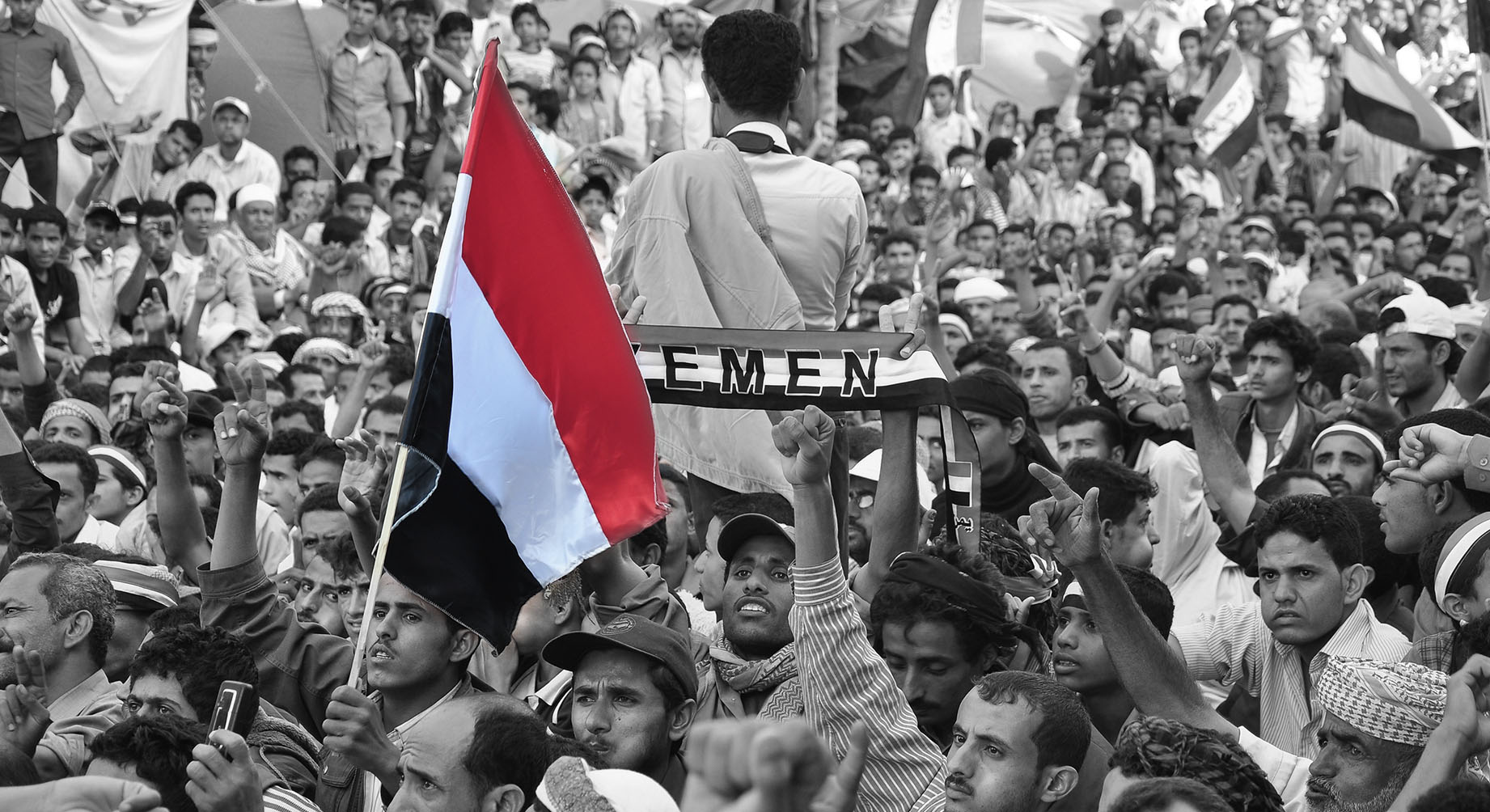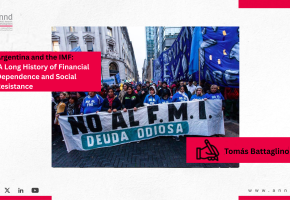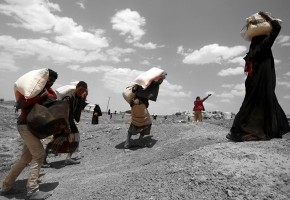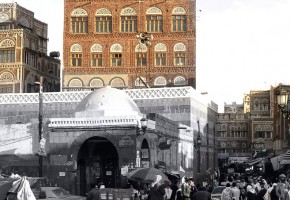
The War on Gaza's Repercussions on Civic Space in Yemen
April 2024 - Aden, Yemen
The war in Gaza revealed its geopolitical repercussions from day one. The brutal Israeli aggression against the Gazans transcended all the rules and ethics of war. The war's repercussions on Yemen were severe and touched almost all aspects of life, especially the civic space.
Attacks by Ansar Allah (Houthis) against Israeli ships in Bab al-Mandab and the Red Sea increased tensions around Yemeni territorial waters. They exposed the country to dozens of retaliatory military attacks by the US and the UK, leading to the militarization of civic space and several political, economic, and human rights transformations, which directly affected civil work in the whole country.
The Faltering Political Track
During his election campaign, US President Biden had promised to stop the war in Yemen. In his first speech as president, he announced the general determinants of his country’s foreign policy regarding the conflict in Yemen. He defined them in three main steps: Firstly, stopping his country's military support to Saudi-led offensive operations in Yemen; secondly, Appointing a US envoy to Yemen; and thirdly, supporting UN efforts to end the conflict.
At the end of 2023, all the parties to the conflict reached broad outlines for a solution due to persistent US pressure. The main parties were expected to sign a roadmap at the end of last year. However, the US position on the Yemeni war shifted after the Houthis’ escalation against Israel. Its current priority is to destroy the Houthis' military capacity rather than peace. In one way or another, it led to the faltering of the political track and a return to a war situation in the country, which has been witnessing armed conflict for the past ten years.
Tightening the Security Grip on Civic Space
The mutual escalation provided local and international parties involved in the Yemeni war an opportunity to evade peace obligations and the consequent restoration of civic space. In the past months of 2024, the main parties to the conflict continued to spread violence as a unilateral option throughout the country, depriving individuals of any alternative civil options. The security grip was tightened, civic space was confiscated, public spaces were closed, and peaceful expression was abandoned in favor of oppression and a war discourse opposed to rights and freedoms.
The war divided and fragmented Yemeni society. Civil society failed to remain cohesive and safeguard citizens' fundamental rights, especially the interruption of salaries since 2016. However, the Gaza war allowed civil society to challenge the assumptions that militia dominance has irrevocably undermined civic space. It expressed solidarity with occupied Palestine by organizing many peaceful marches and demonstrations in major Yemeni cities. These marches broke the barrier of fear imposed by authoritarian actors that have always considered peaceful gatherings as rebellion and an existential threat, confronting them through excessive violence. These demonstrations also sent crucial messages that revealed the falsity of claims that the conflicting forces represent all of society.
Tightening the Grip on NGOs
During the first four months of 2024, CSOs faced numerous challenges in obtaining licenses due to the diversity of actors on the ground and the insistence of all authorities (internationally recognized government authorities and de facto authorities) to bypass or misinterpret the laws.
Civil society organizations also faced more restrictions on activities and actions. They were required to send detailed reports after each activity, denied access to projects, and subjected to cumbersome bureaucratic procedures.
According to civil activists, many NGOs face financial sustainability challenges due to measures by some donors based on their positions on the Israeli aggression on Gaza.
Continued Violations Against Journalists
Journalists in Yemen are still vulnerable. This year witnessed 17 violations affecting media freedoms and journalists: five committed by the Houthis, five by the government, and two by the STC. The violations varied between arbitrary arrest, prosecution, kidnapping, assault, threats, and 3 cases of prevention, suspension, and confiscation.
According to the Yemeni Journalists Syndicate, six journalists are still in detention, three of whom are with the Houthis, two with the STC, and one with Al-Qaeda.
Although the parties to the conflict successfully control media and press institutions, freedom of expression is still outside the authorities' grip due to social media networks.
Conclusion
Yemen's involvement in the ongoing conflict in Gaza and the increasing militarization of the Red Sea and Bab al-Mandab created an ideal atmosphere for the parties to the conflict to establish more dominance over civic space while the exhausted civil society continues to drain its modest capabilities.
Parties to the conflict are intensifying mobilization and efforts to reposition themselves in light of the ongoing geopolitical transformations. Consequently, the security grip is becoming more ferocious. More restrictions have been imposed on freedom of expression, control over CSOs is tightening, and civil activity all over Yemen is being exploited to serve the agenda of war and its lords.
Recent publications
.png)
ANND Special Edition Newsletter - Reflections from the 2025 Global South Study Week Participants


